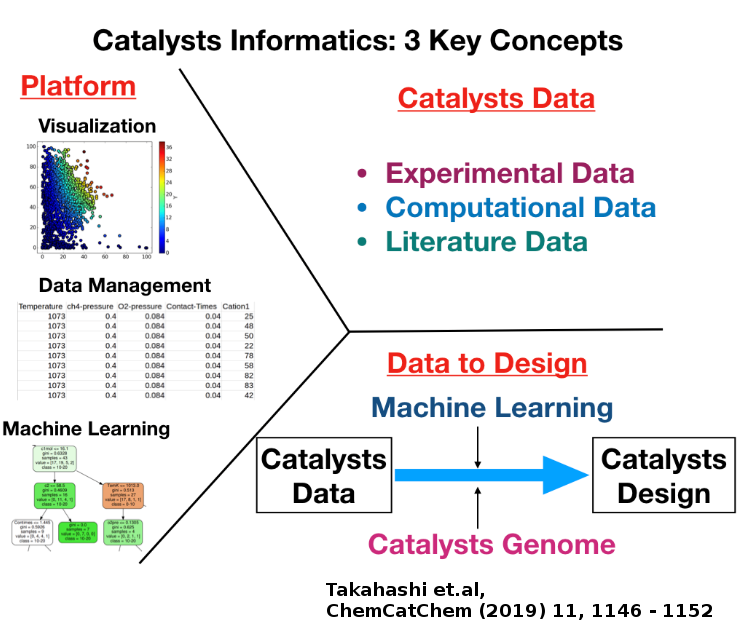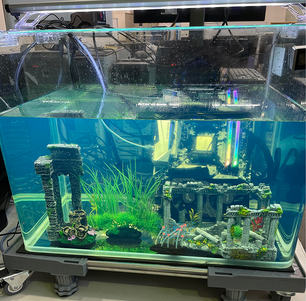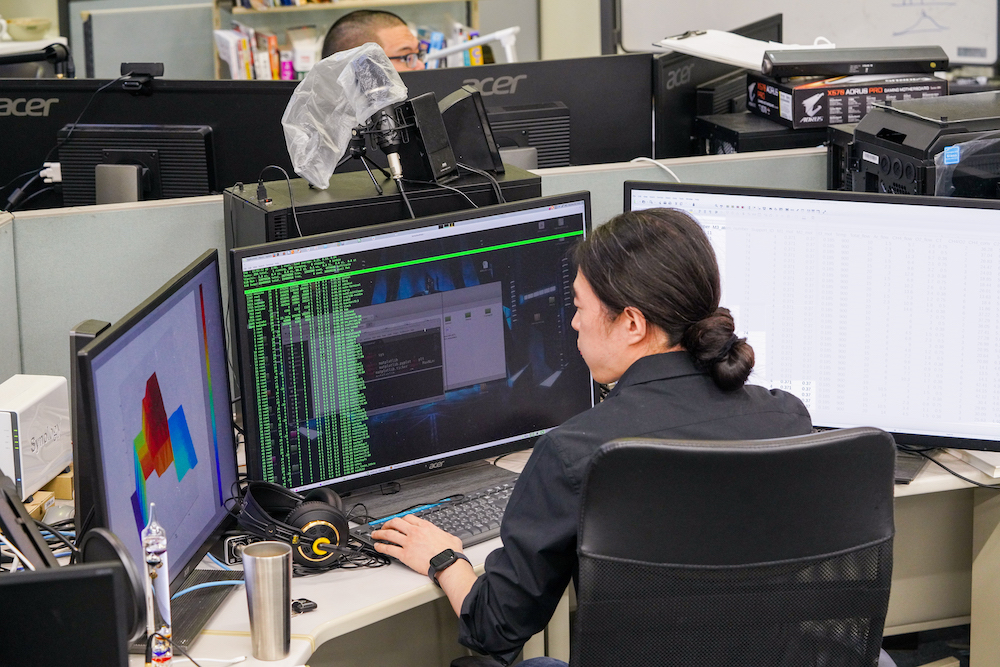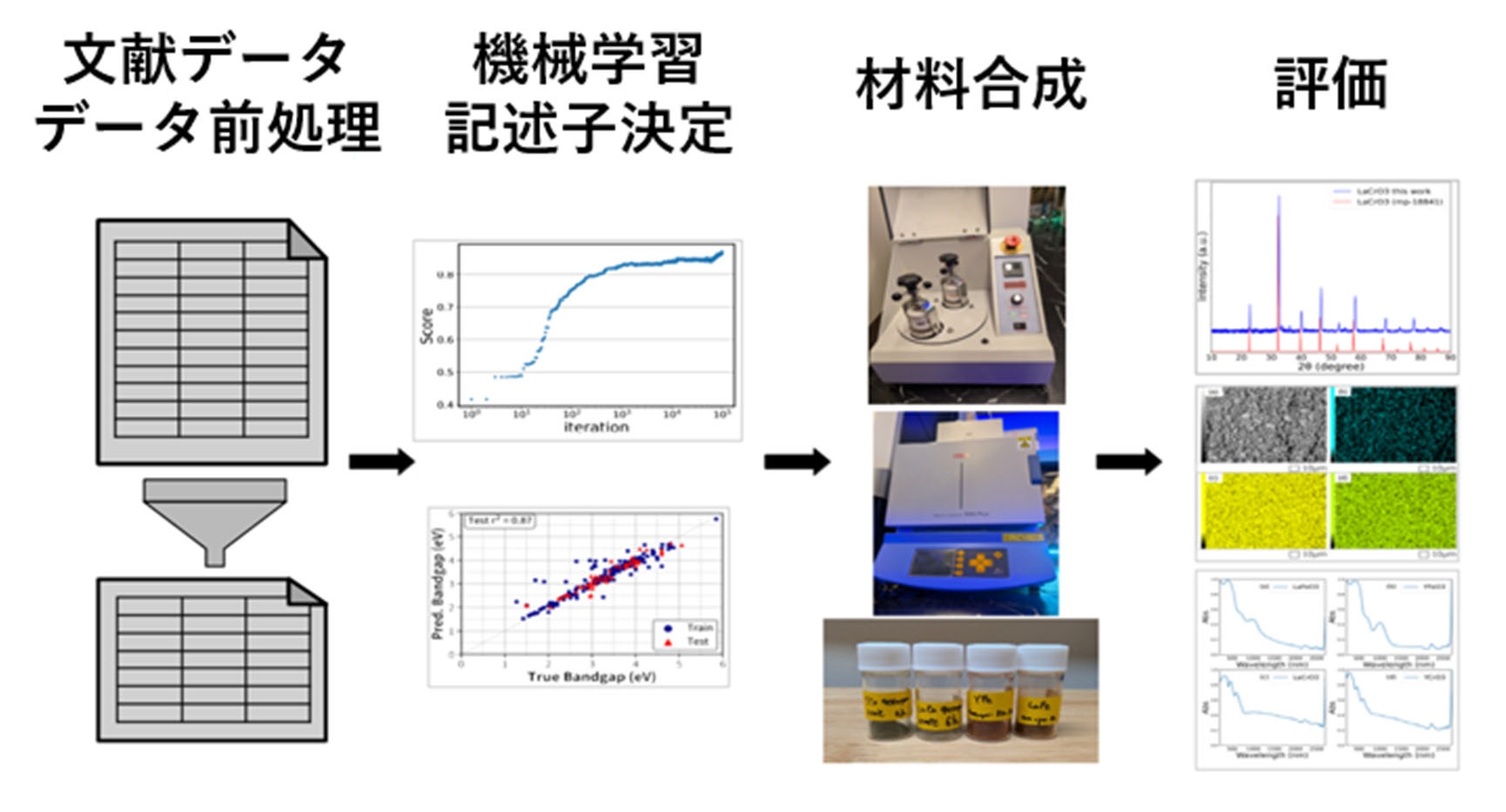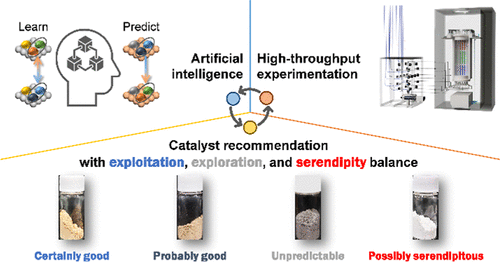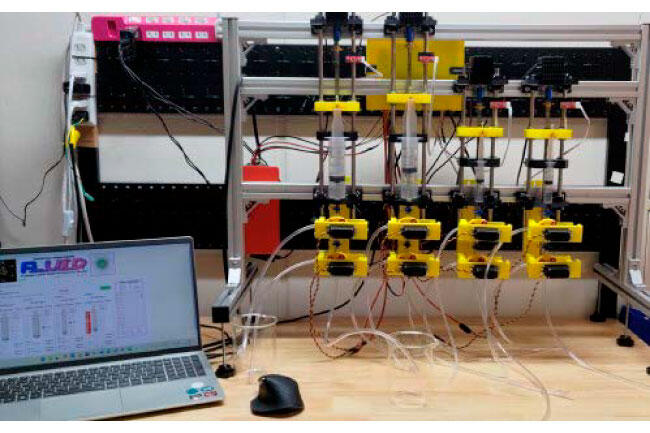TAKAHASHI Keisuke
Professor
Designing Materials and Catalysis via Data Science
Department of Chemistry, Inorganic and Analytical Chemistry
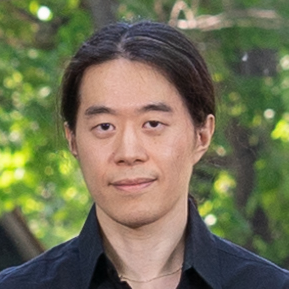
| Theme | Designing materials and catalysts via Materials Informatics with integration of experiments, computations and data science |
| Field | Materials Informatics, Catalysts Informatics, Measurement Informatics, High-throughput Calculation, Data Science, Atomic Clusters, Catalysis, Computational Science |
| Keyword | Data Science, Machine Learning, Statistics, High-Throughput, Informatics, Visualization, Heterogeneous Catalysis, Energy Materials, Computational Science |
Introduction of Research
Materials Informatics is a scientific discipline that leverages data science techniques to study and advance the development of materials, and is considered the fourth pillar of scientific inquiry. In traditional research, researchers rely on their personal experience and intuition to develop hypotheses, conduct experiments, and create materials through trial and error. However, Materials Informatics utilizes artificial intelligence to uncover hidden patterns and trends in materials and catalyst data, facilitating materials development through machine learning. Our research is grounded in four foundational pillars: "materials, catalysts, measurement, and processes," Informatics. They involve "the creation of comprehensive databases through high-throughput experiments and calculations", "data science methods centered on artificial intelligence", "traditional experiments and calculations", and "software development". We focus our research efforts on heterogeneous catalysts such as methane oxidation reactions, perovskite materials, CO2 reduction, and water electrolysis.
Representative Achievements
Related industries
| Academic degree | Ph.D. (Engineering) |
| Academic background | 2008 B.A. Material Science & Engineering, Department of Engineering, University of Arizona 2011 M.S. Advanced Engineering Materials, Department of Engineering, Chalmers University of Technology 2014 Ph.D. Material Science & Engineering, Department of Engineering, Hokkaido University 2014 JSPS PD 2016 Researcher, Center for Materials research by Information Integration, National Institute for Materials 2019 Special Researcher, Center for Materials research by Information Integration, National Institute for Materials 2019 Associate Professor Faculty of Science, Hokkaido University 2022 Full Professor Faculty of Science, Hokkaido University |
| Project | CREST- Innovative Catalysts- Principle Investigator |
| Room address | Faculty of Science, Bld #7, 2007-02-08 |

